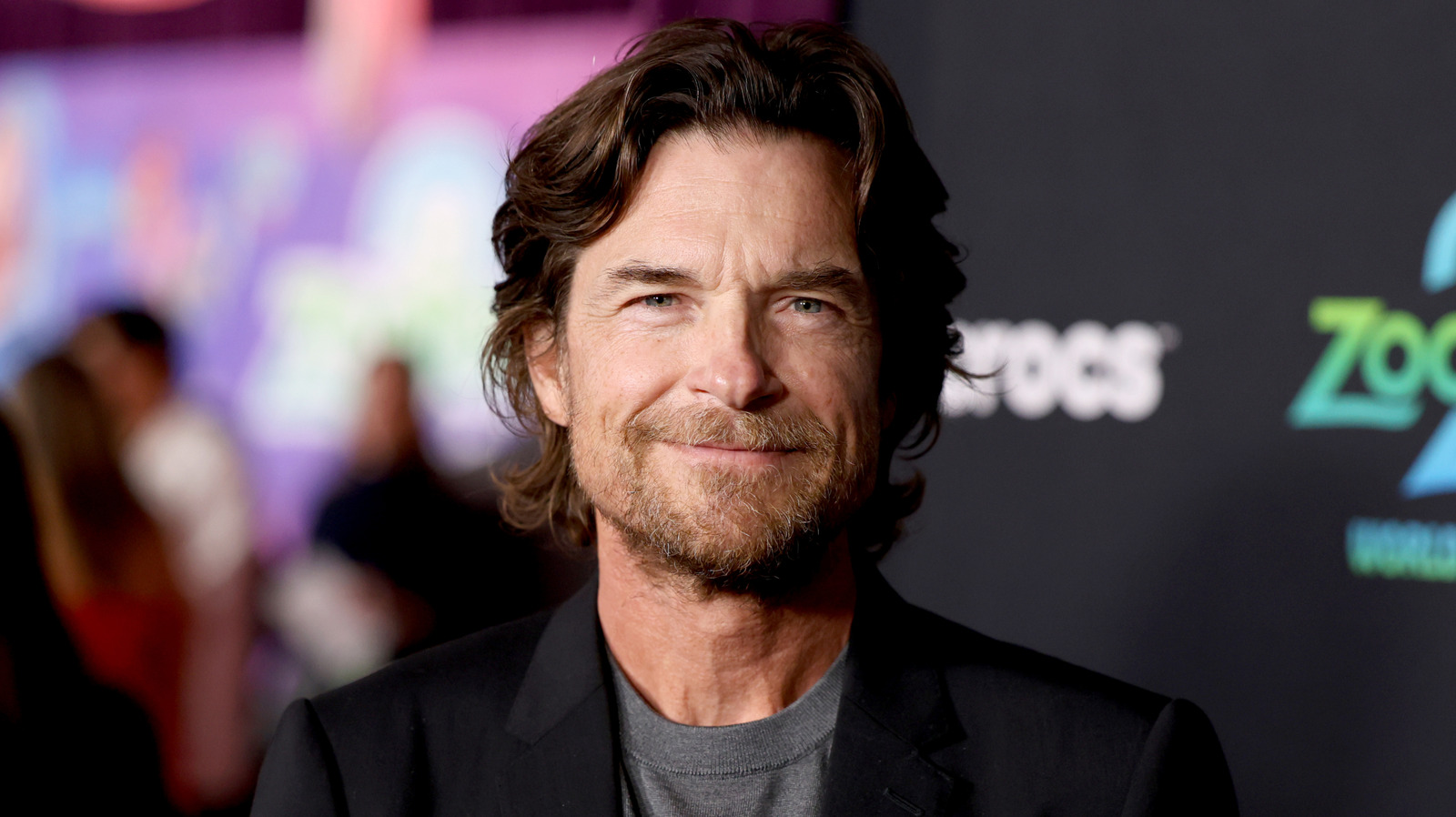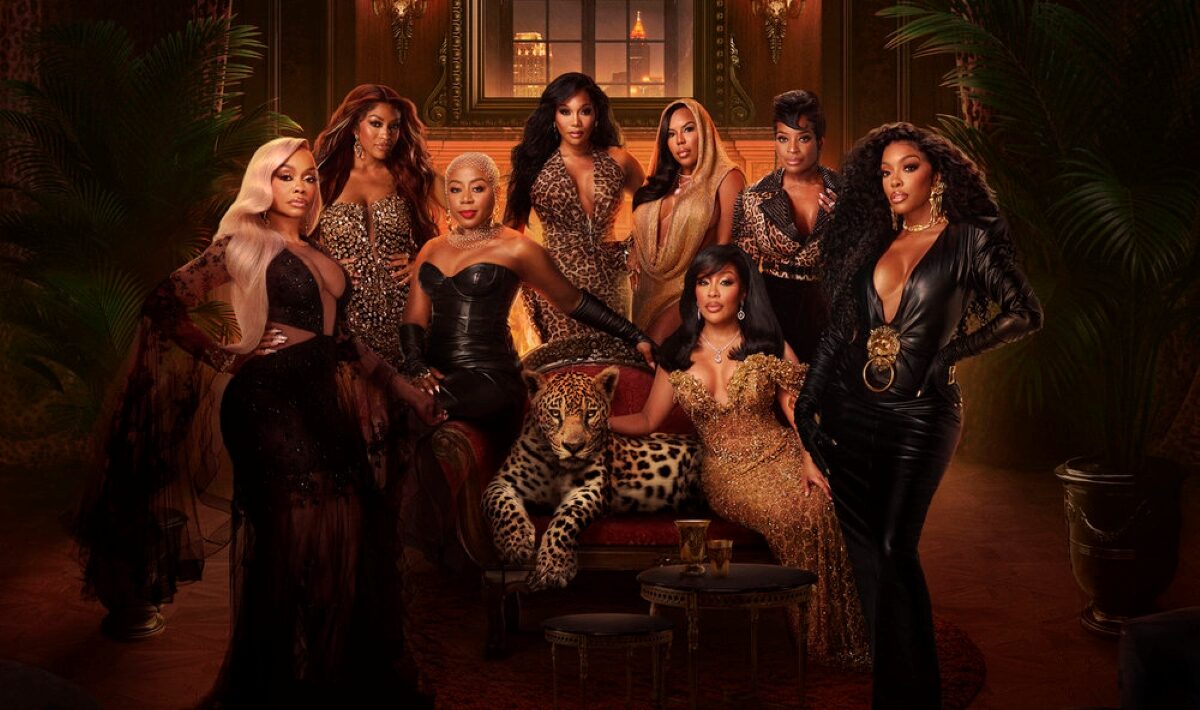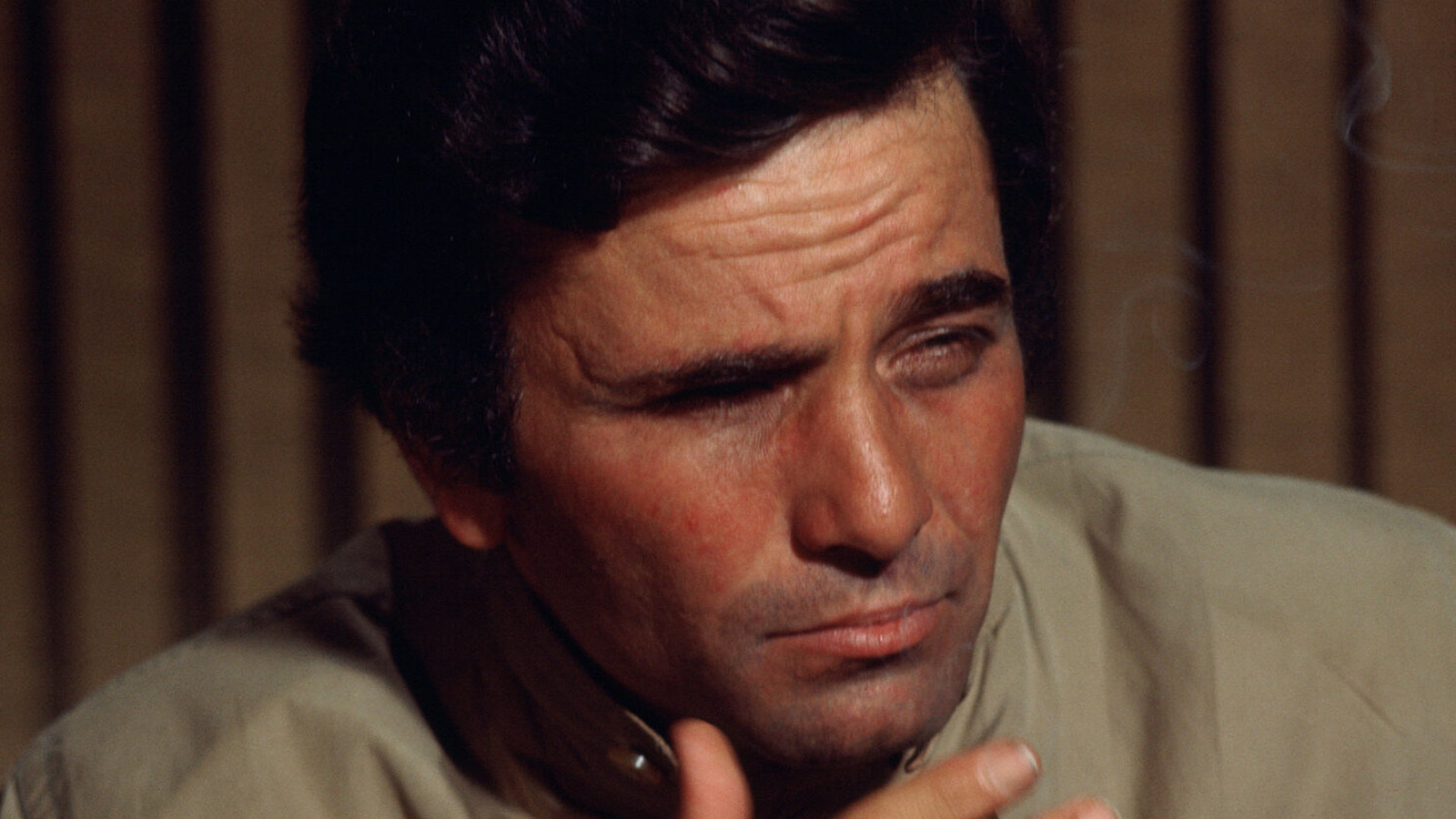
Juror #2 is the film that WB do not want you to see. Airing more times in Hemel Hempstead alone than in the vast majority of the United States; its international release has done tremendously well by all accounts, packed out screenings as a result of the suppression by WB, which in itself is a marketing tool. Had this film come out in say, 2003; at the height of the Eastwood director resurgence, it would have probably been nominated for a best picture and made hundreds of millions. But this is not 2003 anymore; the landscape has changed. The one constant is Eastwood – consistently making workmanlike procedurals of an ode to a byegone era.
Feeling like it’s been ripped straight out of the 1990s, Juror #2 introduces us to a likeable, but recovering alcoholic and family man, Justin Kemp, who is assigned to a case where he knows more than he’s letting on. A woman was seemingly murdered by her abusive husband after their latest fight at a bar he was also at that night. On the way home, Justin thinks he hit a deer in the pouring rain. Yet as more evidence comes to light, he’s faced with a moral dilemma – did he kill the young woman? And at what cost comes his freedom? The life-long imprisonment of an innocent man?
Eastwood plays at morality, lies and guilt; and how it tears you apart – the lighting that shines on Hoult’s face which reveals all shows what’s maybe his best performance yet. Eastwood keeps you in suspense at every turn – the moral dilemma, the jury being originally all in on a simple case that becomes rapidly more complex, thanks in no small part to Justin’s own actions. Despite feeling like it could be a 90s legal thriller adapted from a John Grisham airport paperback novel ala The Firm, it is very current in its themes – a 2024 movie made in 1994. Toni Colette’s aspiring careerist is played as a deconstruction and we examine how the guilt of running for election at all costs influences her decision too; especially with the polls so tight. This isn’t new ground for Eastwood; he’s tackled it in Richard Jewell. There are multiple dilemmas at play here.
Juror #2’s visuals are ordinary – a far cry from Eastwood’s heyday, but he’s at his peak in allowing the actors to take centre stage. Filling supporting roles with excellent good-at-their-job guys like JK Simmons and Kiefer Sutherland; Simmons playing an ex cop taking on investigating the case himself despite being on the jury adds to a thriller perspective – Justin’s own guilt betrays his case when all he had to do was say nothing. But Eastwood is very good at letting you feel that guilt for him – the decision to make him a family man makes that fall even more tragic; his wife and young kid plays a key role in questioning – one family is torn apart, should another have been?
And it takes time to look at assumptions of guilt and address this in a manner most befitting of the character. I’ve never felt so guilty of a crime I didn’t commit before and that’s what this movie is all about, the sheer magic of it all – getting away at you, eating at your skin until you won’t let go – you’re practically screaming at him, confess, confess, yet the longer Juror #2 draws out the more frightening it becomes. We know Justin is guilty before it even happens: “you’re perfect”, his wife tells him early on – and he looks too good to be; a sinister “I know better than you” look betrays the darkness inside.
Eastwood draws influences from everywhere to paint a film that Kurosawa would be proud of – with Justin taking on the task of steering the jury away from declaring guilty without raising suspicion against himself – can he get the husband off the case and clear his own name? A tall order – rapidly complex and rapidly edge of your seat. If this were a Law and Order episode it would be regarded as the top five of the entire show; and its spinoffs.
At the end of the day – if this was considered too bad to be released wide; I’d hate to see what WB thought a good film would look like. It’s dad movie heaven.







